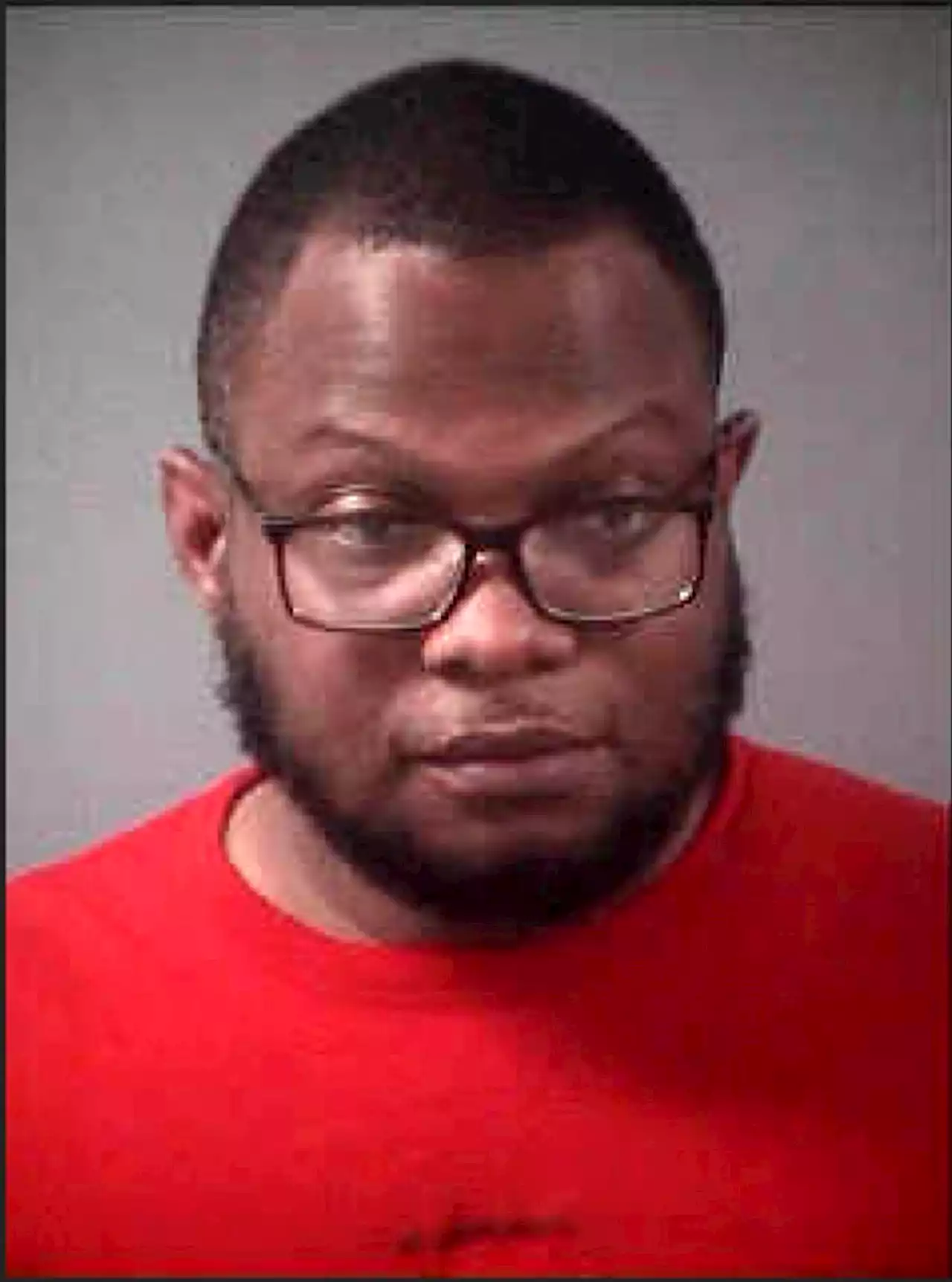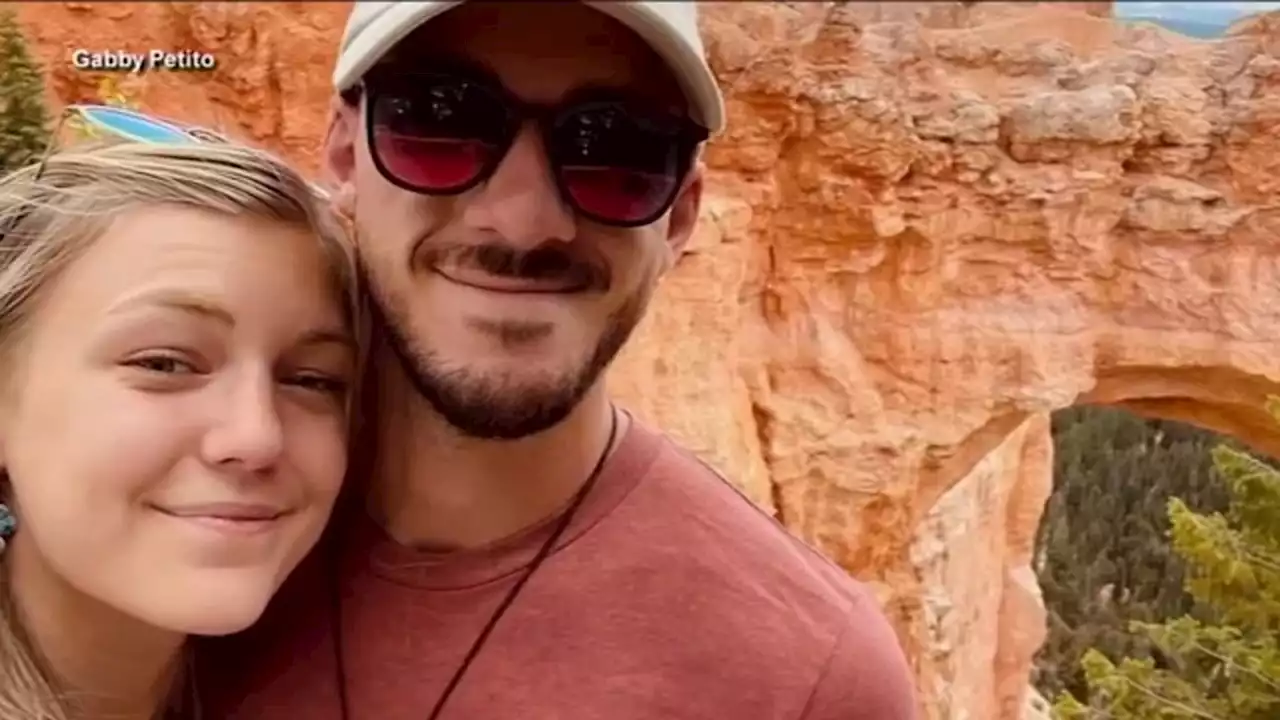Taylor Swift, the Weeknd, Justin Bieber, and Ed Sheeran are only a few of the artists who have been subject to recent allegations of copyright infringement. jmseabrook explores why it’s so hard to determine who owns a pop song.
. His songs are popular partly because they are so accessible. It’s as if you already know them.
Most pop songs are made out of other pop songs. Many are constructed on three- or four-chord progressions, and have a near-identical blueprint—intro, verse, chorus, bridge, outro. Other than words and melody, not much in a composition is protected by copyright. As the Australian comedy trio Axis of Awesome demonstrates in a video that went viral, any number of pop songs can fit inside the same four chords. For this reason, the property lines of popular music are hard to draw.
Taylor Swift, the Weeknd, and Justin Bieber are only a few of the artists who have been subject to recent allegations of infringement. The composers of Dua Lipa’s 2020 hitare being sued on both coasts: In Los Angeles, the reggae band Artikal Sound System is claiming that the song copied its 2017 trackIn the Southern District of New York, L.
“Songwriters almost never steal melodies from one another on purpose,” Joe Bennett, a professor of forensic musicology at Berklee College of Music, told me. “In almost every case, the copying is inadvertent.” Still, outright theft does happen—compare Johnny Cash’sCash ultimately paid Jenkins seventy-five thousand dollars for lifting his melody and some of his lyrics.
The music industry was recently shaken by “Heart on My Sleeve,” a song featuring a duet between a fake Drake and a fake the Weeknd, in which both vocals were created, using generative A.I., by an anonymous user called Ghostface. Artists and rights holders are concerned that their creations will be used to train A.I. generators that will eventually replace them.
In 1986, when Griffin was twenty-six, her grandfather, a Christian minister, told her that she was adopted. Her mother then confessed that her biological father was a famous musician. Griffin called an acquaintance, Hubert Laws, the jazz musician. “Have you ever heard of a man named Ed Townsend?” she asked. Laws replied, “Everybody knows who Ed Townsend is!” Griffin said, “Well, I don’t!”
Griffin tried to notify Sony/ATV Music Publishing, the behemoth that had recently acquired the Jobete catalogue. But no one at Sony returned her calls. “Let’s Get It On” was in the American Songbook. Shouldn’t Sony want to protect its I.P. from infringement? Then Griffin figured it out: Sony was probably conflicted because it was also the publisher of “Thinking Out Loud,” along with much of the rest of Sheeran’s catalogue.
In federal court, this methodology is known as the Arnstein test. It derives from Arnstein v. Porter—a famous 1946 case that was heard during New York’s heyday as a songwriting town—involving, the Broadway composer, and Ira B. Arnstein, a writer of Yiddish folk songs and light opera, who became convinced that many of the biggest hits of the era had been stolen from him.
In both the “Blurred Lines” and “Stairway to Heaven” cases, the jury was not permitted to listen to any pre-1978 recording. The jurors in Griffin v. Sheeran could listen to the recording of Sheeran’s song, but they had to rely on the five pages of sheet music for “Let’s Get It On,” a skeletal transcription that contained lyrics, melody, chords, and a notation of where the syncopated beats fall.
infringed on their track. Infringement claims are often resolved this way. In 2015, Sam Smith settled amicably with Tom Petty over the similarity between the chorus hook in Smith’s songIn 2021, Olivia Rodrigo offered the band Paramore a writing credit and a share of the profits from her songBut Sheeran came to feel that settling made him a target for copyright trolls.a 2017 Sheeran megahit, was the subject of multiple disputes.
Sheeran arrived in court the day after jury selection. He wore a dark-navy suit with double vents in the back, and a blue necktie with small white polka dots, but he still managed to look scruffy, like a subway busker turned banker. He sat at the defense table, where, in the course of seven days, the spectators behind him—a mix of copyright attorneys, music journalists, and superfans—could study his distinctive copper-colored coif.
“Maya Angelou tells us that when a person shows you who they are, it’s our duty to believe them,” Crump declared. “When someone provides you a voluntary confession, believe them.” “I feel like you don’t want me to answer because you know what I’m going to say is going to make a lot of sense,” Sheeran said.
In the “Blurred Lines” trial, Judith Finell devoted much of her testimony to a PowerPoint presentation. Average listeners have a hard time comparing two songs aurally, she told me: “The first song doesn’t stay in their memory when the second song starts playing.” But, she added, “people do retain visual information.” Her presentation used a time-stamped map of intervals in the two songs which showed “significant similarities” by way of color-coded charts.
Pullman filed a separate hundred-million-dollar suit against Sony in 2018. In another legal action, he is seeking to capitalize on an amicus brief filed by the Copyright Office in the “Stairway to Heaven” case, which noted that there could be “multiple, distinct copyrightable works that are all versions of the same song.” This opened up the possibility of refiling a sound recording with the Copyright Office as a new arrangement, which would be covered by the rules of the 1976 Copyright Act.
When I saw Kathryn Griffin Townsend in the courthouse cafeteria before closing arguments, she looked rested and happy. “Win, lose, or draw, it doesn’t matter, because we won,” she told me. “Now people know what happened. And they’ll think before they do it again.” She added, “This has never been about money.”
United States Latest News, United States Headlines
Similar News:You can also read news stories similar to this one that we have collected from other news sources.
 Top prosecutor in trial of officer who killed George Floyd writes book recounting caseMinnesota Attorney General Keith Ellison reveals in a new book how worried prosecutors were that a judge would move the trial of former officer Derek Chauvin out of the city where he killed George Floyd
Top prosecutor in trial of officer who killed George Floyd writes book recounting caseMinnesota Attorney General Keith Ellison reveals in a new book how worried prosecutors were that a judge would move the trial of former officer Derek Chauvin out of the city where he killed George Floyd
Read more »
 Case SelectionsFind new ideas and classic advice on strategy, innovation and leadership, for global leaders from the world's best business and management experts.
Case SelectionsFind new ideas and classic advice on strategy, innovation and leadership, for global leaders from the world's best business and management experts.
Read more »
 Florida man at center of fatal human smuggling case pleads not guilty in MinnesotaA Florida man charged with human smuggling related to the deaths last year of four immigrants near the Canadian border has pleaded not guilty to the federal charges.
Florida man at center of fatal human smuggling case pleads not guilty in MinnesotaA Florida man charged with human smuggling related to the deaths last year of four immigrants near the Canadian border has pleaded not guilty to the federal charges.
Read more »
 Florida man at center of fatal human smuggling case pleads not guilty in MinnesotaA Florida man charged with human smuggling related to the deaths last year of four immigrants near the Canadian border has pleaded not guilty to the federal charges.
Florida man at center of fatal human smuggling case pleads not guilty in MinnesotaA Florida man charged with human smuggling related to the deaths last year of four immigrants near the Canadian border has pleaded not guilty to the federal charges.
Read more »
 Gabby Petito case: Does Brian Laundrie's mom risk criminal charges over 'burn after reading' letter?The Petito family argues that Brian Laundrie's parents and their attorney knew that Petito had been murdered and knew the location of her body when the Laundries issued a statement on September 14, 2021, about the search for her.
Gabby Petito case: Does Brian Laundrie's mom risk criminal charges over 'burn after reading' letter?The Petito family argues that Brian Laundrie's parents and their attorney knew that Petito had been murdered and knew the location of her body when the Laundries issued a statement on September 14, 2021, about the search for her.
Read more »
